Nurturing Environmental Consciousness: The Power of Education in Conservation Initiatives
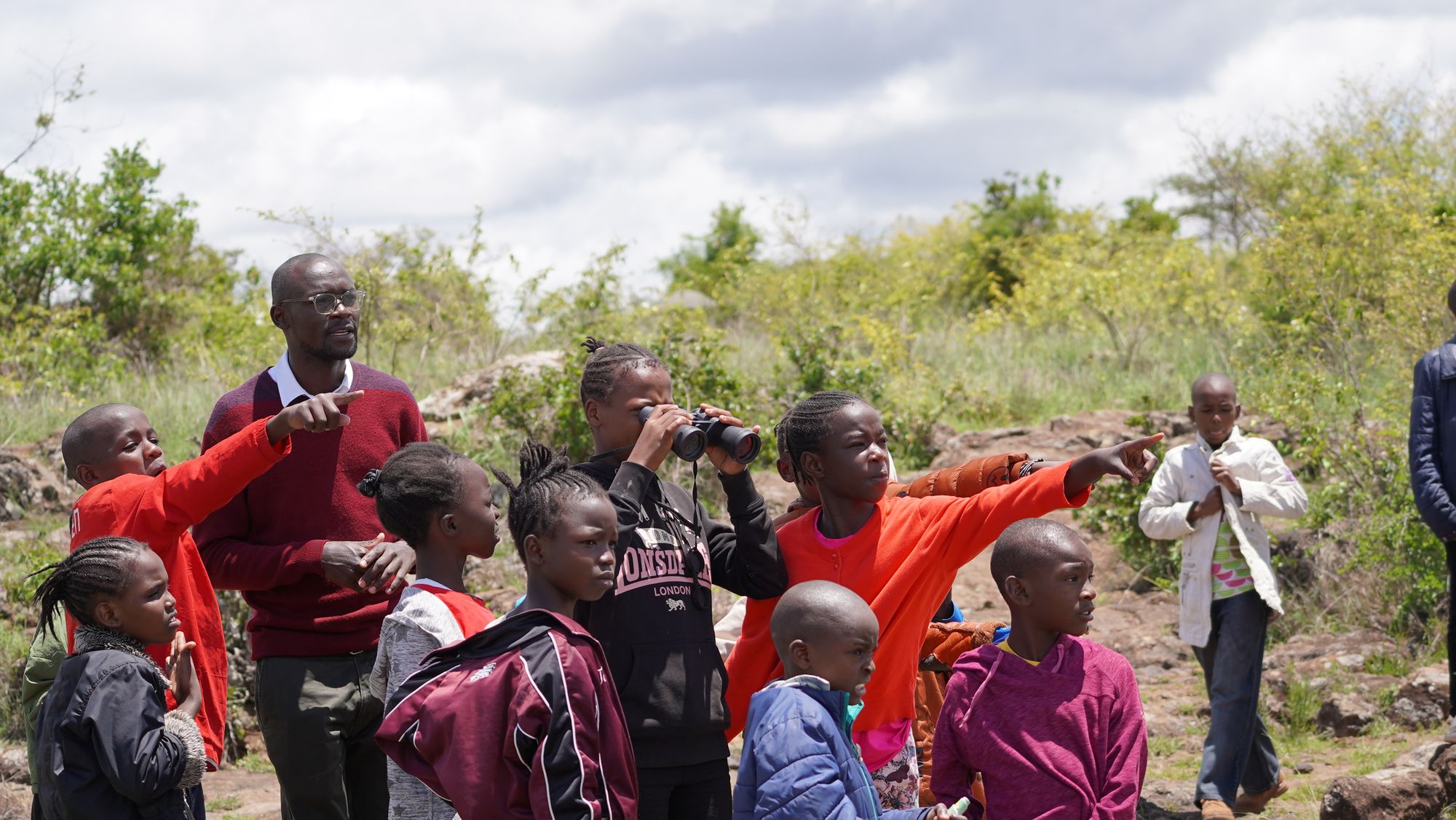
In today's rapidly changing world, conservation initiatives play a pivotal role in addressing pressing environmental issues such as climate change and biodiversity loss the twin calamities of our time. The situation has never been more urgent than now.
In Kenya we are witnessing a level of engagement on conservation by the state that has never been seen before. Fifteen billion. Trees are to be planted, every child will participate. The rivers commission is cleaning up the 7 rivers in the capital city. The president has identified 4 theme areas for conservation priority, land and registration, carbon markets, restoring degraded rangelands, and equity and benefits sharing. Expert and organisations engaged in multi sector teams working together for the first time. It’s participate or you are not be relevant. There is a clear sense of responsibility, duty and pride in being part of this important moments from history.
However, the success of these efforts relies not only on immediate action but also on fostering a deep-rooted understanding and commitment to sustainability among future generations. By incorporating a comprehensive learning journey within the education system, we can ensure the development of an environmentally conscious citizenry, capable of driving meaningful change and preserving our planet for the future.
I am currently in the Philippines participating in Conservation meetings, and witnessing the efforts, made in a country smaller than my own, but with the population more than double. It is inspiring Inspiring and terrifying. I have a new sense of appreciation for what we have already achieved in Kenya.. and a new sense of how urgently we must step up our efforts, transform our way of working together to make a real long time and difference.
Conservation efforts in Kenya often fail due to a lack of public support which is rooted in lack of proper awareness and understanding of the complex environmental issues at hand. There are historical reasons and fake news reasons for people to fear conservation efforts. For any new solutions to win widespread public support, mass public education is needed.
I am convinced about the importance of creating generational change and the role of education in creating a sustainable future. Here are 5 reasons why
- Shaping Mindsets and Values: By integrating environmental education into the curriculum from an early age, we can shape the mindsets and values of young individuals. Education provides a platform for instilling a sense of responsibility, empathy, and a deep connection to nature. It empowers students to recognise the interdependence of human and natural systems, encouraging them to become active participants in finding solutions.
- Encouraging Critical Thinking and Problem-Solving: An effective education system fosters critical thinking and problem-solving skills, enabling students to analyse and address environmental challenges. By incorporating conservation topics across various subjects, such as science, geography, and even arts, students develop a holistic understanding of the environment and the need for its protection. They learn to question existing practices, seek innovative solutions, and make informed decisions. This prepares them to tackle the complexities of climate change and biodiversity threats with creativity and resilience.
- Connecting Theory with Real-World Action: Education is most impactful when it bridges the gap between theory and practice. Conservation initiatives should provide hands-on experiences, field trips, and practical projects that allow students to witness the impact of their actions firsthand. Engaging with local ecosystems and collaborating with environmental organisations create transformative learning experiences, encouraging students to become active agents of change. By nurturing this connection between education and action, we empower the next generation to take ownership of conservation efforts.
- Cultivating Environmental Stewardship: Conservation initiatives that incorporate a learning journey foster a sense of environmental stewardship, inspiring individuals to take responsibility for the well-being of our planet. By developing a deep understanding of ecological principles, students recognise the importance of preserving biodiversity, mitigating climate change, and practicing sustainable lifestyles. This cultivates a lifelong commitment to environmental stewardship, ensuring that the conservation efforts we make today are sustained by future generations.
- Amplifying the Impact of Current Efforts: Efforts to address climate change and biodiversity threats today will only be effective if we have citizens who understand and actively participate in finding solutions. By investing in education that instills environmental consciousness, we create a multiplier effect. Each environmentally conscious individual becomes an advocate, influencing others, and promoting sustainable practices in their communities, workplaces, and beyond. The collective impact of an environmentally aware citizenry amplifies the effectiveness of conservation initiatives, leading to a more sustainable and resilient future.
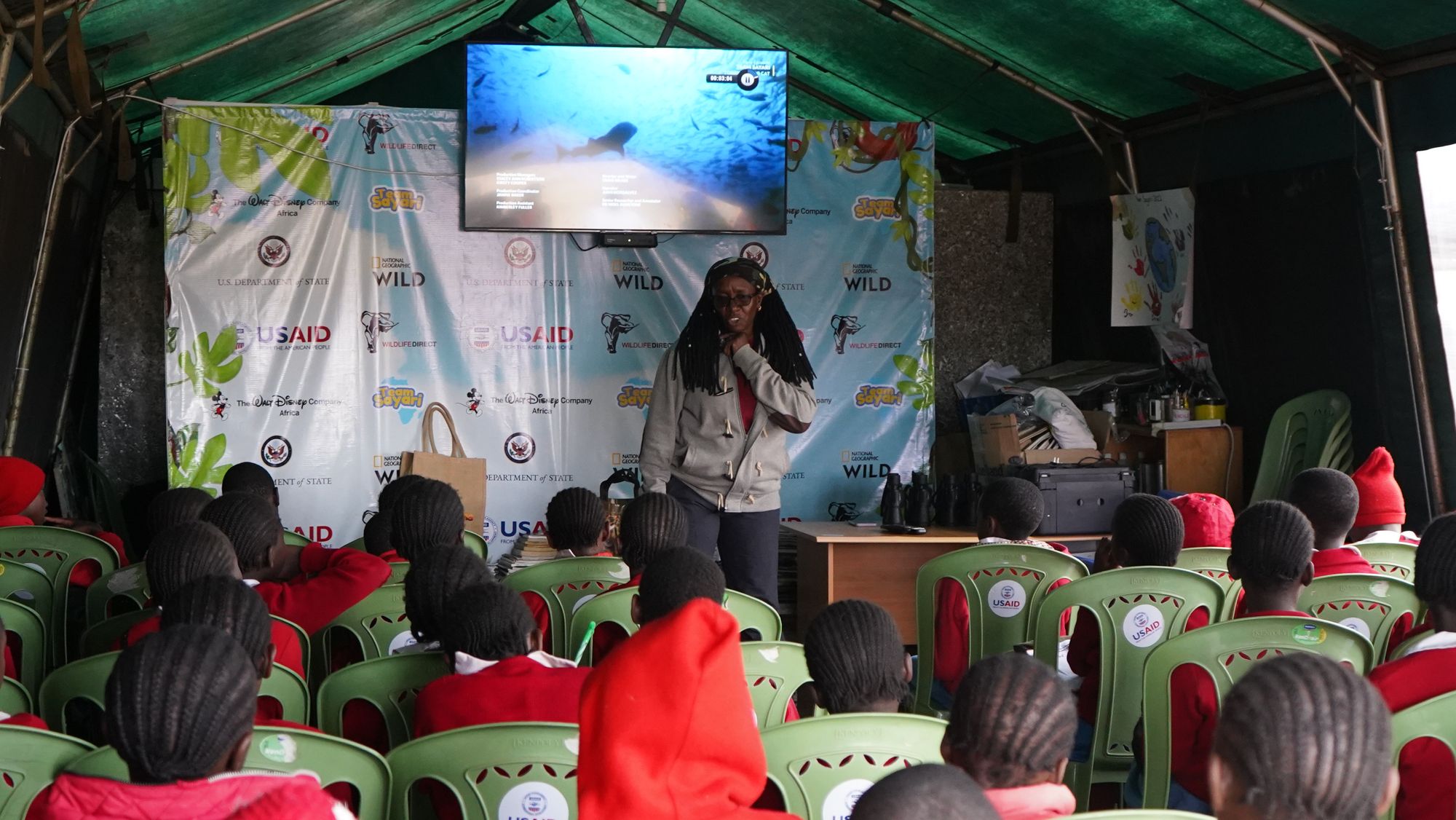
Here are 15 practical ways to create a structured learning journey for Kenyans to promote environmental conservation:
- Environmental Science Curriculum: introducing Conservation from the very beginning by starting with A is for antelope, and having a comprehensive environmental science curriculum that covers topics such as climate change, biodiversity, ecosystems, and sustainable development.
- Integration Across Subjects: Integrate environmental concepts into various subjects, including math, language arts, social studies, sports, and arts, to provide a multidisciplinary approach.
- Field Trips to Natural Reserves: Organise field trips to national parks, wildlife reserves, and conservation areas, allowing students to experience firsthand the importance of environmental conservation.
- Guest Lectures: Invite environmental experts, scientists, and conservationists to give guest lectures and share their experiences and knowledge with students.
- Relevant Films and Documentaries: promote the development and screening of relevant films and documentaries that highlight environmental issues, conservation success stories, and the impact of human activities on the planet.
- Apprenticeships in Conservation Organisations: Establish partnerships with local conservation organisations to offer apprenticeships, where students can gain practical experience and work alongside professionals.
- Internship Programs: Create internship programs that allow students to contribute to ongoing conservation projects, conducting research, implementing initiatives, and raising awareness.
- Annual Competitions: Organise annual competitions focused on environmental conservation, such as poster design, essay writing, or project-based challenges, to encourage student engagement and creativity.
- Nature-based Extracurricular Activities: Offer extracurricular activities like Wildlife clubs tourism, hiking, bird-watching clubs, gardening clubs, or outdoor adventure programs that connect students with nature and foster environmental stewardship.
- Environmental Clubs and Student Organisations: Establish environmental clubs or student organisations where students can discuss, plan, and implement conservation initiatives within their school and community.
- Mentorship: have a structured mentorship program for conservationist to work with students from a very early age to guide them in their interest in Conservation careers.
- Community Service Projects: Engage students in community service projects related to environmental conservation, such as organising clean-up drives, tree planting campaigns, or recycling initiatives.
- Research Projects: Encourage students to conduct research projects on environmental topics, allowing them to delve deeper into specific areas of interest and contribute to the existing body of knowledge.
- Collaboration with Local Businesses: Partner with local businesses committed to sustainability to provide mentorship opportunities, workshops, or guest speakers focused on environmental entrepreneurship and sustainable business practices.
- Free Entry to National Parks: Advocate for free or discounted entry to national parks and protected areas for school groups, enabling more students to experience and appreciate the natural world.
By implementing these initiatives, educational institutions can create a structured education program that fosters environmental consciousness, empowers students, and prepares them to become active participants in conservation efforts.
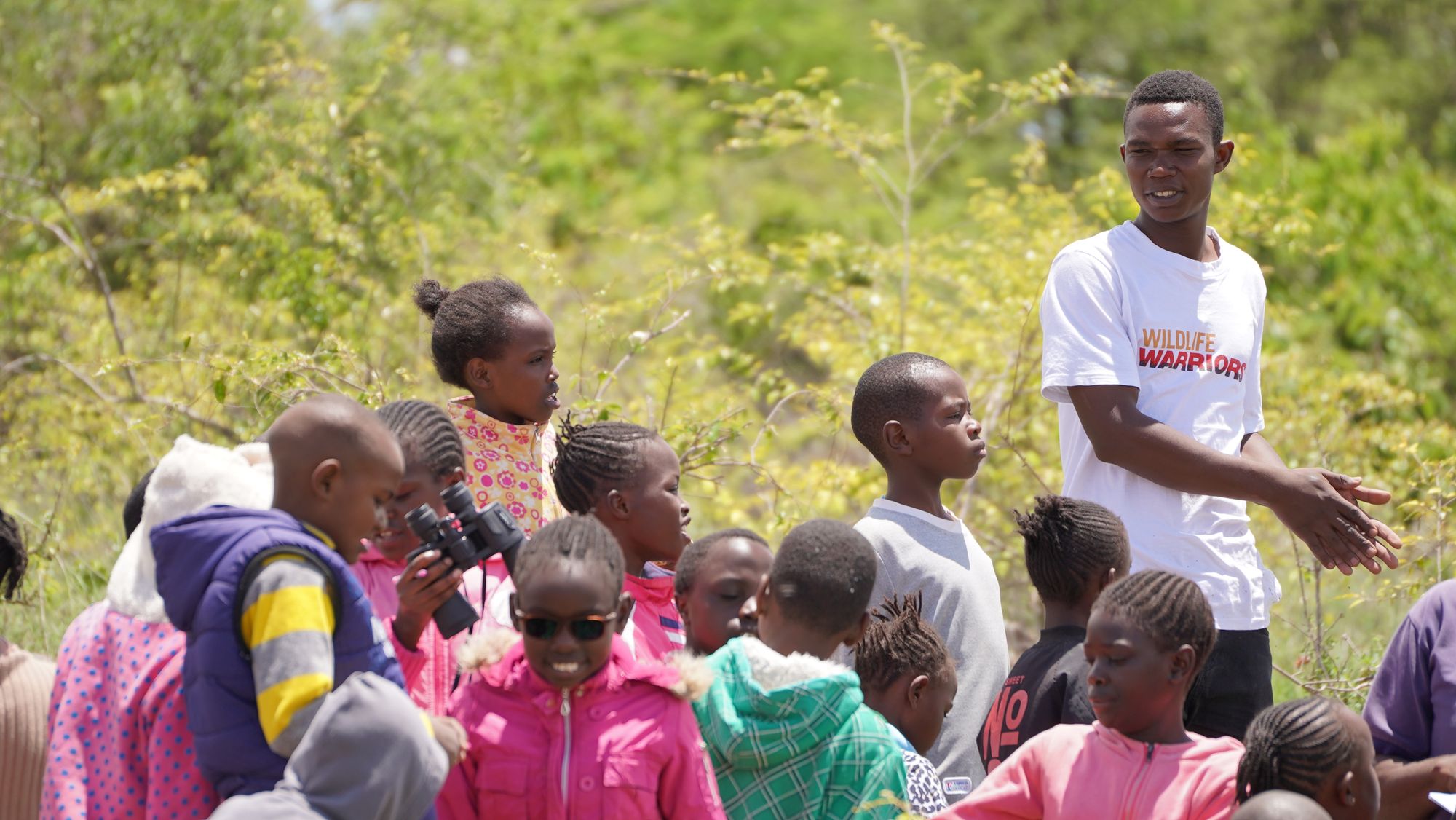
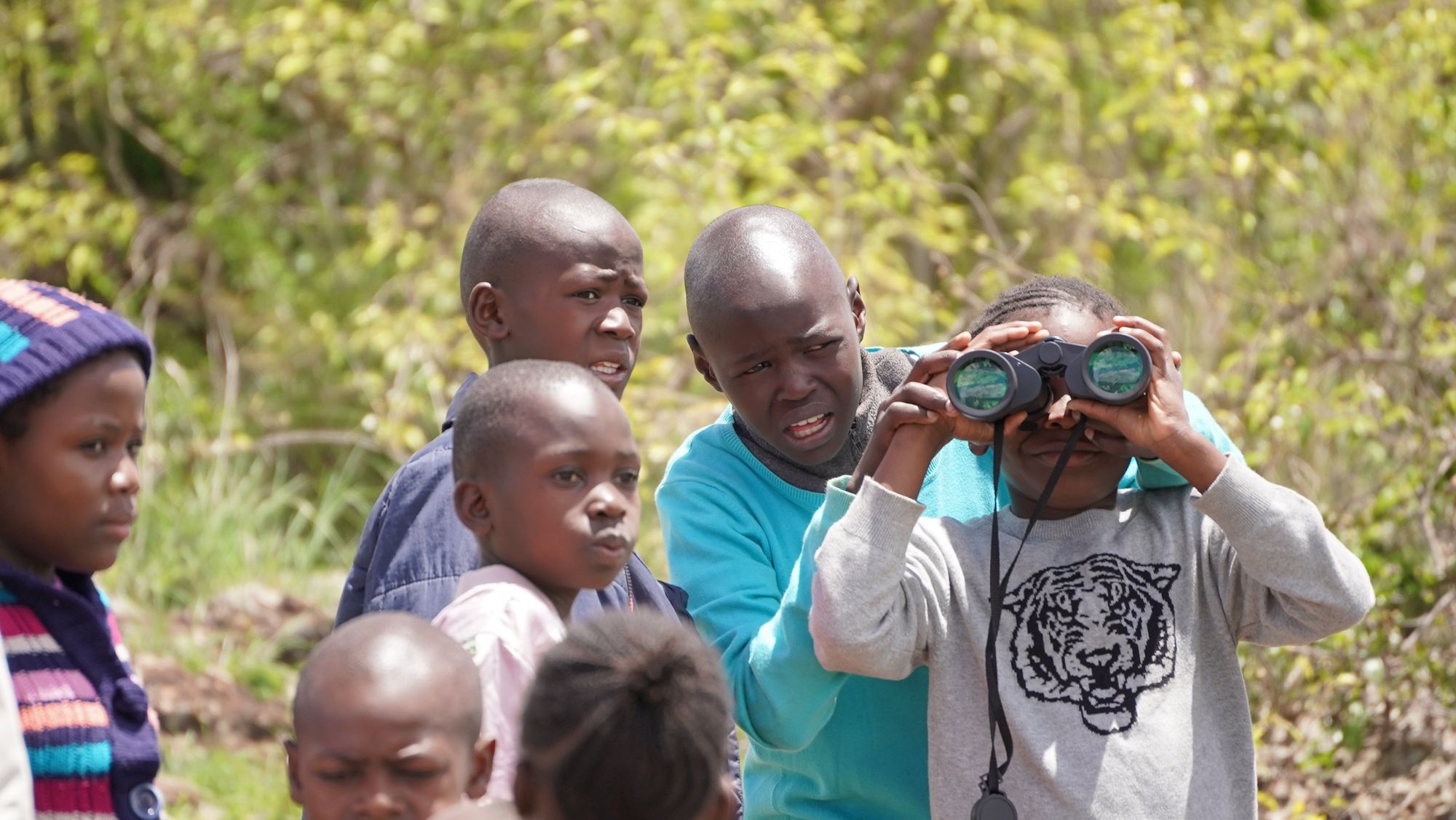
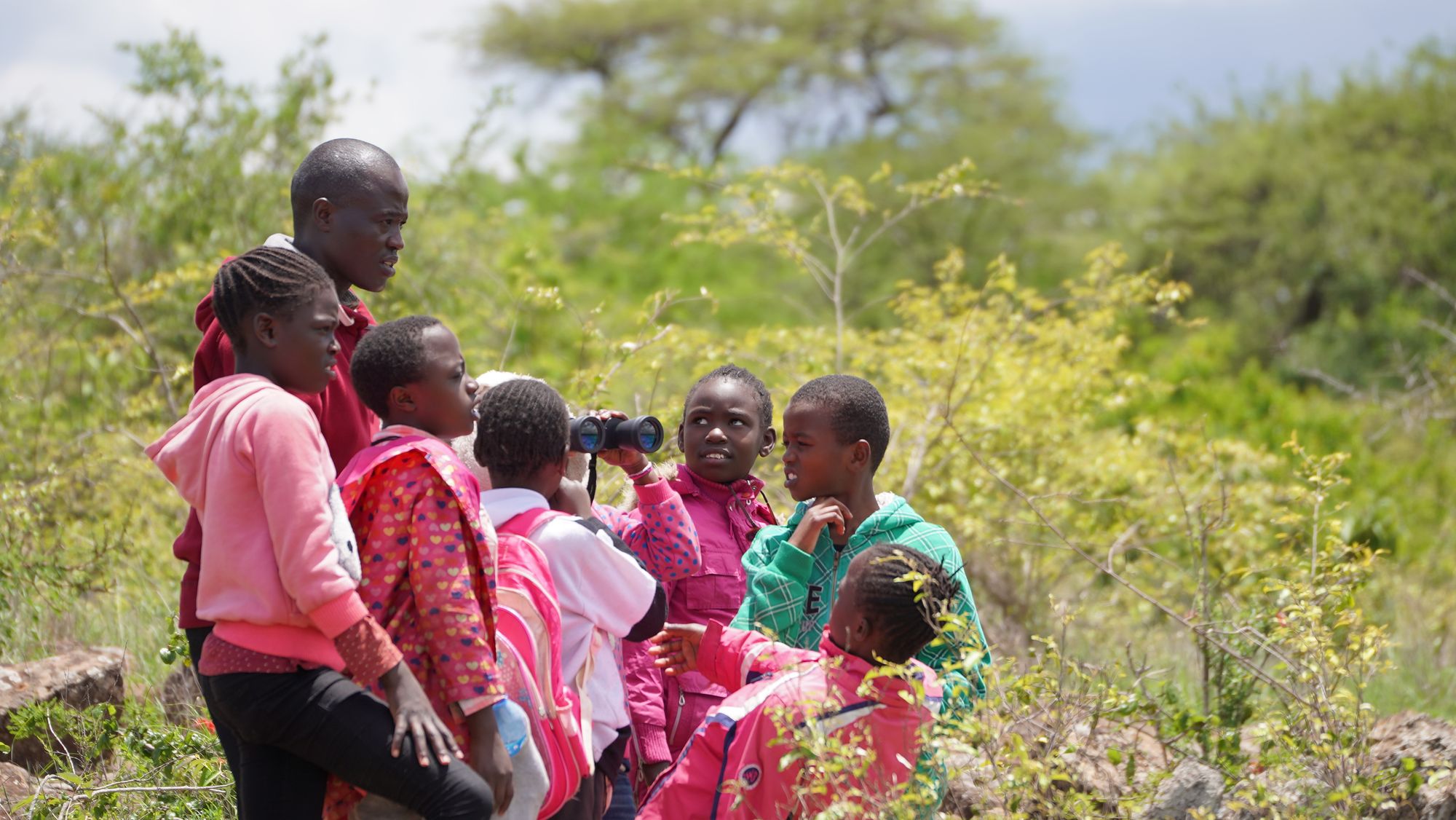
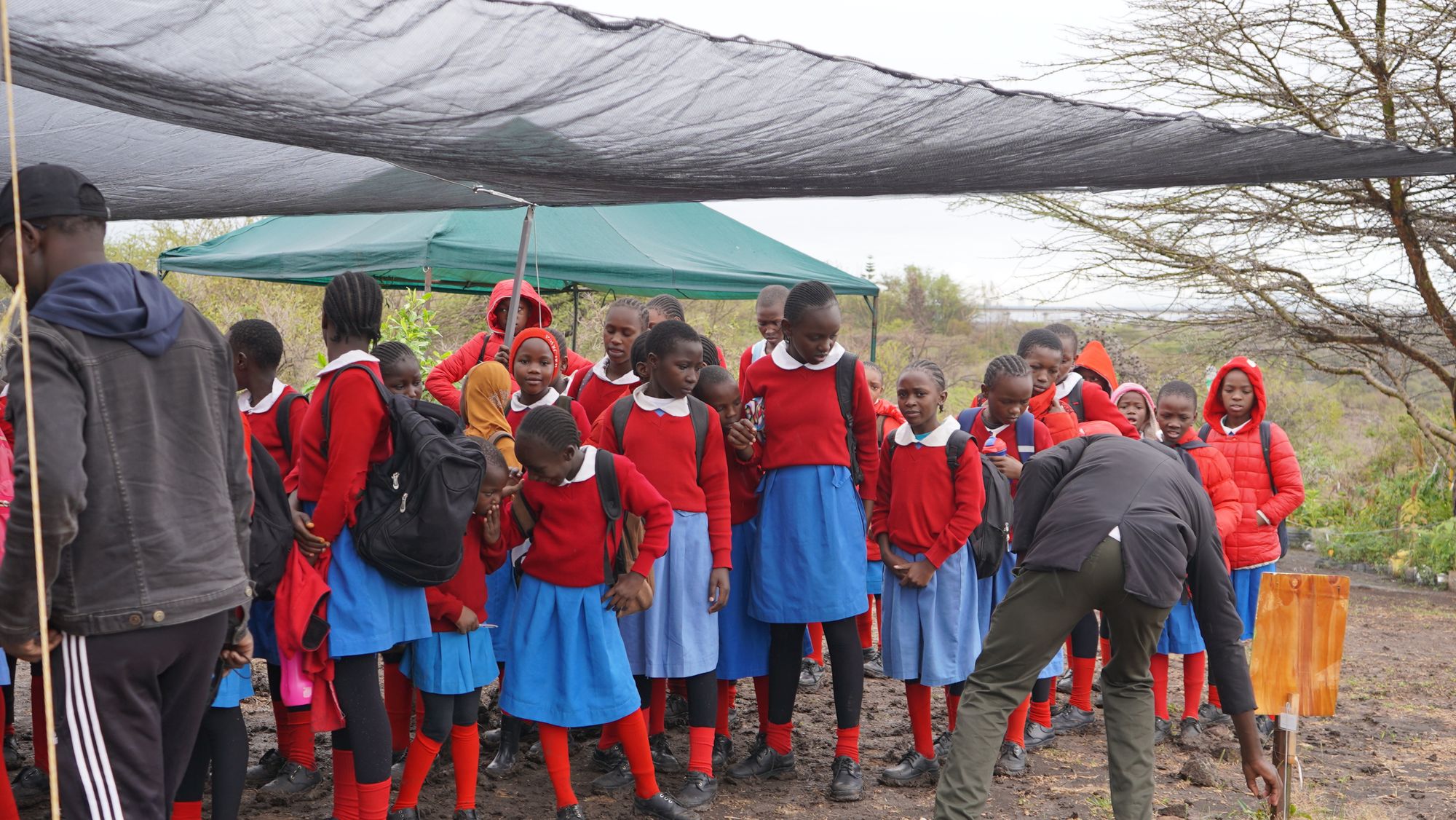
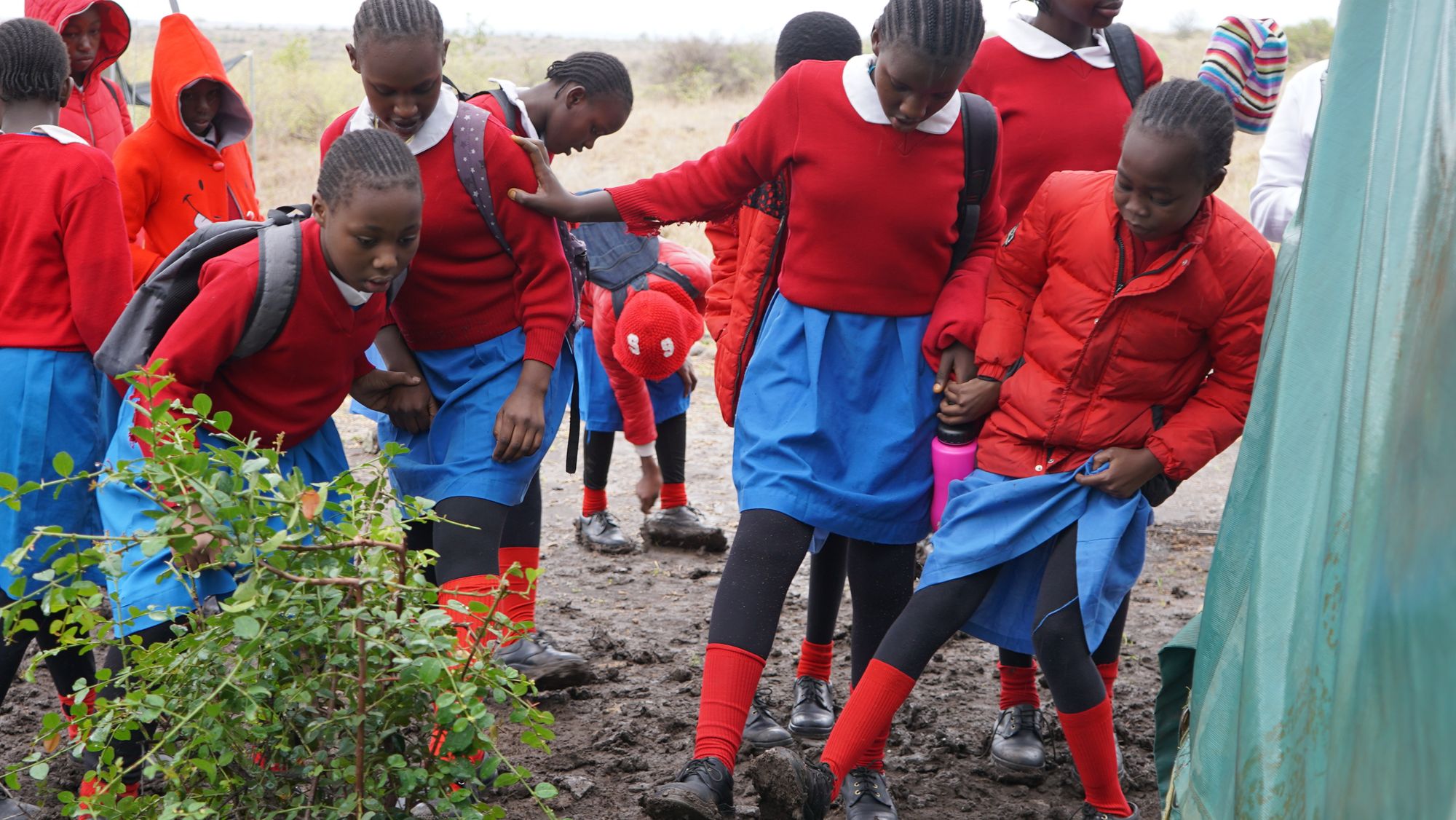
What part will you play?